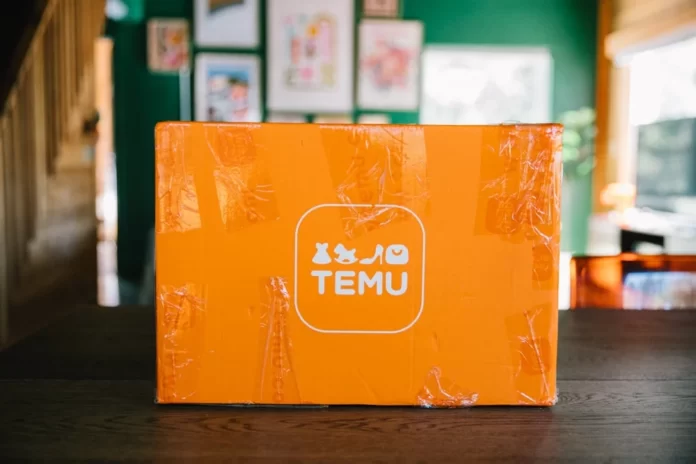Daily U.S. users of PDD Holdings’ global discount e-commerce platform Temu fell by 58 percent in May, according to market intelligence firm Sensor Tower, as the e-retailer faces multiple challenges amid the U.S.-China trade war.
Temu cut advertising spending in the U.S. and changed its order fulfilment strategy after the White House ended the “de minimis” practice on May 2, which had allowed Chinese companies to ship low-value packages to the U.S. tariff-free.
Temu and fast-fashion giant Shein had used the exemption for years to drop-ship items directly from Chinese suppliers to U.S. consumers, keeping prices low. Both companies have seen sharp drops in sales and customer growth since President Donald Trump imposed sweeping trade tariffs, but Temu’s declines have been more severe.
Tariffs forced both platforms to raise prices, but Shein increased the amount spent per customer compared to a year ago, while Temu has struggled.
Temu’s engagement dropped significantly following the end of the exemption. PDD’s first-quarter earnings fell short of growth estimates, with executives saying tariffs have put significant pressure on its merchants. The company reiterated its pledge to keep prices stable and work with merchants across regions, citing a shift to a local fulfilment model announced in early May.
Under Temu’s previous business model, merchants were responsible for ordering and supplying products while the China-based company managed logistics, pricing and marketing. Now, merchants can ship individual orders from China to Temu-partnered U.S. warehouses but must handle tariffs, customs charges and paperwork.
Temu continues to handle order fulfilment near shoppers, set prices and manage online operations.
Temu’s growth outside the U.S. has accelerated, with non-U.S. users rising to 90 percent of its 405 million global monthly active users in the second quarter. The fastest user growth came from less affluent markets.




